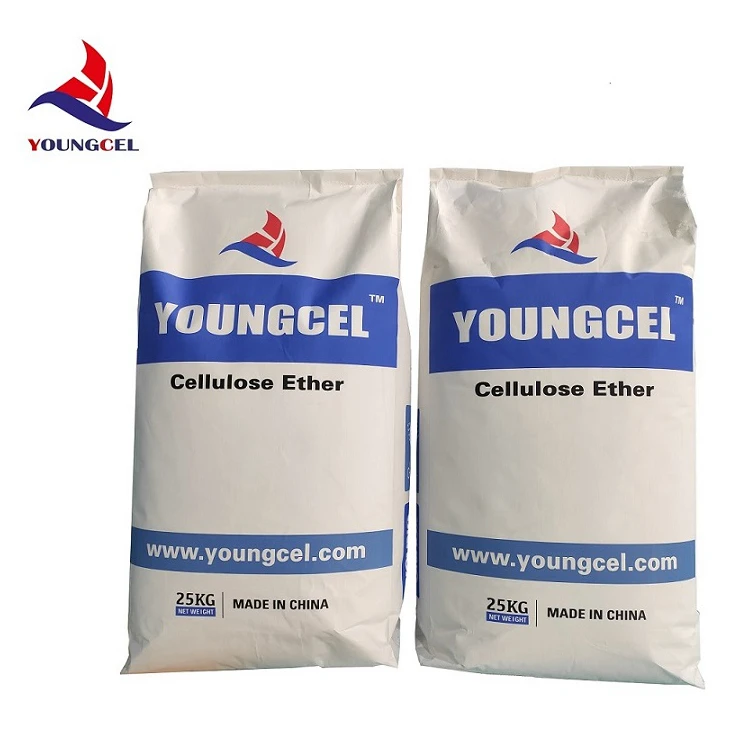Chemical Thickening Agents An Overview and Applications
Thickening agents play an essential role in various industries, from food and beverages to cosmetics and pharmaceuticals. These agents are substances that increase the viscosity of a medium, thereby improving its texture, stability, and overall performance. In this article, we will explore the importance of chemical thickening agents, their types, applications, and considerations in formulation.
What Are Chemical Thickening Agents?
Chemical thickening agents can be defined as compounds that, when added to a liquid, enhance its viscosity without altering its other properties. They work by interacting with water molecules or other components in the mixture, creating a gel-like consistency. Thickening agents are commonly classified into two categories natural and synthetic.
Natural thickening agents include substances derived from plants and animals, such as guar gum, xanthan gum, and gelatin. These agents are often favored for their biodegradability and lower toxicity levels. Synthetic thickening agents, on the other hand, are chemically produced and can offer more consistent performance. Examples include polyethylene glycol (PEG) and various acrylic-based polymers.
Key Types of Thickening Agents
1. Starch-based Agents Modified starches are a popular choice in the food industry. They are used to improve the texture of sauces and dressings, providing a desired mouthfeel while also preventing separation.
2. Cellulose Derivatives Hydroxypropyl methylcellulose (HPMC) and carboxymethyl cellulose (CMC) are widely used in both food products and cosmetics due to their ability to create stable emulsions and suspensions.
3. Guar Gum Derived from the guar bean, this natural thickener is commonly used in gluten-free baking and dairy products to enhance viscosity and moisture retention.
4. Xanthan Gum A polysaccharide produced by fermentation, xanthan gum is favored for its ability to remain stable across a wide range of temperatures and pH levels, making it ideal for sauces, dressings, and gluten-free products.
5. Acrylic Polymers Often used in personal care products, these synthetic thickeners help achieve desired textures and sensory properties. They provide excellent stability and are often used in lotions, creams, and gels.
Applications of Chemical Thickening Agents
Chemical thickening agents find a broad range of applications across various sectors
'chemical thickening agent'

1. Food and Beverage Industry Thickening agents are extensively utilized in sauces, gravies, soups, dairy products, and dressings. They not only enhance texture but also help in maintaining product stability and extending shelf life.
2. Cosmetics and Personal Care In the cosmetics industry, thickening agents play a vital role in formulating products such as lotions, creams, and gels. They help achieve the desired consistency and improve the spreadability of products.
3. Pharmaceuticals In medications, thickening agents can help in the formulation of suspensions and emulsions, enhancing the viscosity and stability of liquid formulations.
4. Textile and Paper Industries Thickening agents are also used in printing pastes and coatings, improving the adherence of dyes and inks to surfaces.
Considerations in Formulation
When selecting a thickening agent, formulators must consider several factors
- Viscosity Needs The desired viscosity of the final product will dictate the choice of thickening agent. Some applications may require a more fluid consistency, while others may need a gel-like texture.
- Compatibility The thickening agent must be compatible with other ingredients in the formulation to avoid adverse reactions that could affect stability or performance.
- Regulatory Compliance Particularly in food and pharmaceuticals, the use of thickening agents must comply with regulatory standards to ensure safety and efficacy.
- Cost-effectiveness The economic feasibility of using a particular thickening agent is also crucial, especially in large-scale production.
Conclusion
Chemical thickening agents play an indispensable role in a myriad of industries, enhancing product quality while ensuring stability and performance. With advancements in both natural and synthetic formulations, the application and development of these agents continue to evolve, meeting the demands of modern consumers. Whether enhancing a sauce's mouthfeel, improving a lotion's texture, or stabilizing a pharmaceutical product, thickening agents are integral to creating products that meet consumer expectations for quality and effectiveness. As industries evolve and diversify, the significance of thickening agents will undoubtedly grow, opening up new possibilities for innovation in product formulation.
-
A Comprehensive Guide to Methyl Ethyl Hydroxyethyl Cellulose: Applications and Industry InsightsNewsNov.24,2025
-
Understanding Methyl 2 Hydroxyethyl Cellulose: Uses, Benefits & Industry InsightsNewsNov.24,2025
-
Hydroxyethyl Methyl Cellulose HEMC: Industrial Uses, Benefits & Future TrendsNewsNov.23,2025
-
HEMC Cellulose: Versatile & Sustainable Industrial Polymer | YoungcelNewsNov.23,2025
-
Methyl Hydroxyethyl Cellulose: Versatile Building Block for Industry & SustainabilityNewsNov.23,2025
-
CAS 9032 42 2: Understanding Polyvinyl Alcohol's Impact on Industry & SustainabilityNewsNov.22,2025




